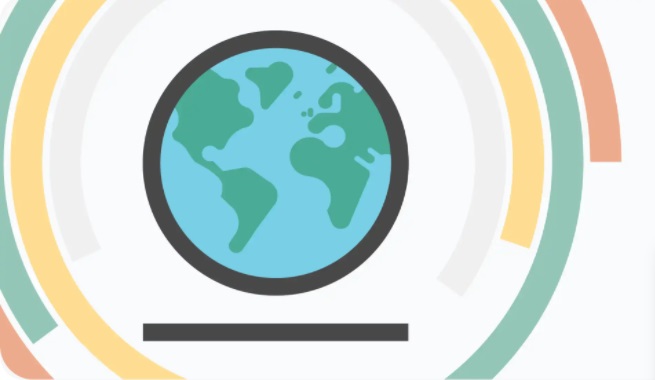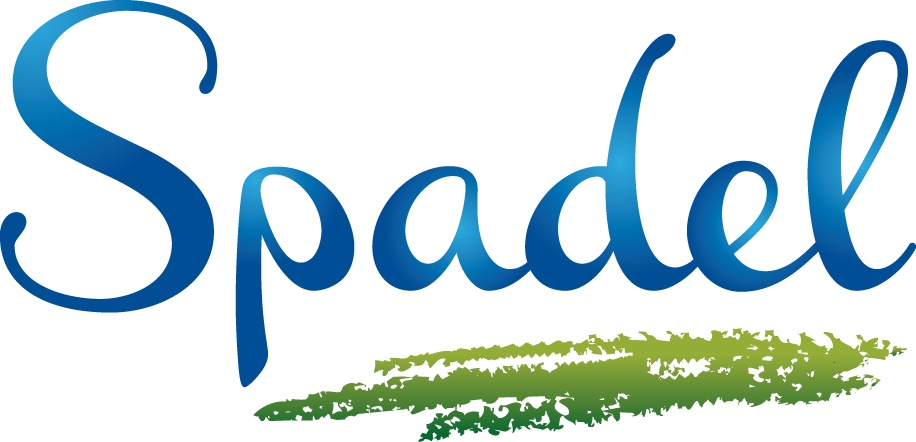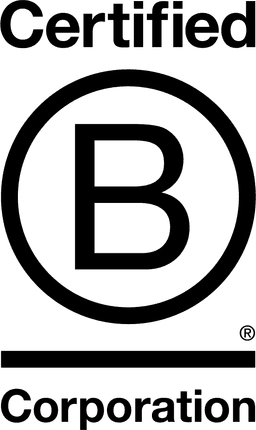

Spadel

1.6
Brussels-Capital Region, Belgium
February 2022
Beverages
Manufacturing
Belgium,
Bulgaria,
France,
Netherlands The
Spadel is a European family group that produces and markets natural mineral waters, spring waters and soft drinks based on mineral water. Its brands SPA (www.spa.be) and Bru (www.bru.be) are regional leaders in the BeNeLux market. Devin (www.mineralna.bg) is the market leader in Bulgaria. Carola (www.carola.fr) and Wattwiller (www.wattwiller.com) are active in France. The company has always had a strong regional focus: positioning itself as leader in its field on a human scale, brands that are strongly anchored to their region, absolute respect for its sources’ catchment areas, and the preservation of the natural and beneficial properties of its waters. Recent achievements include carbon neutrality for the entire value chain, Great Place to Work certification, and highest recognition for sustainable water management for SPA (Platinum Alliance for Water Stewardship). With our 10 packaging commitments we aim to speed up our transition to a circular economy. Source of Change, our CSR Strategy 2025, is built around 4 pillars (Green, Pure, Local and Together) and 12 platforms. Follow our progress and reach out via www.sourceofchange.spadel.com.
Overall B Impact Score
Governance 17.8
Governance evaluates a company's overall mission, engagement around its social/environmental impact, ethics, and transparency. This section also evaluates the ability of a company to protect their mission and formally consider stakeholders in decision making through their corporate structure (e.g. benefit corporation) or corporate governing documents.
Workers 26.7
Workers evaluates a company’s contributions to its employees’ financial security, health & safety, wellness, career development, and engagement & satisfaction. In addition, this section recognizes business models designed to benefit workers, such as companies that are at least 40% owned by non-executive employees and those that have workforce development programs to support individuals with barriers to employment.
Community 13.5
Community evaluates a company’s engagement with and impact on the communities in which it operates, hires from, and sources from. Topics include diversity, equity & inclusion, economic impact, civic engagement, charitable giving, and supply chain management. In addition, this section recognizes business models that are designed to address specific community-oriented problems, such as poverty alleviation through fair trade sourcing or distribution via microenterprises, producer cooperative models, locally focused economic development, and formal charitable giving commitments.
Environment 26.1
Environment evaluates a company’s overall environmental management practices as well as its impact on the air, climate, water, land, and biodiversity. This includes the direct impact of a company’s operations and, when applicable its supply chain and distribution channels. This section also recognizes companies with environmentally innovative production processes and those that sell products or services that have a positive environmental impact. Some examples might include products and services that create renewable energy, reduce consumption or waste, conserve land or wildlife, provide less toxic alternatives to the market, or educate people about environmental problems.
Customers 2.4
Customers evaluates a company’s stewardship of its customers through the quality of its products and services, ethical marketing, data privacy and security, and feedback channels. In addition, this section recognizes products or services that are designed to address a particular social problem for or through its customers, such as health or educational products, arts & media products, serving underserved customers/clients, and services that improve the social impact of other businesses or organizations.